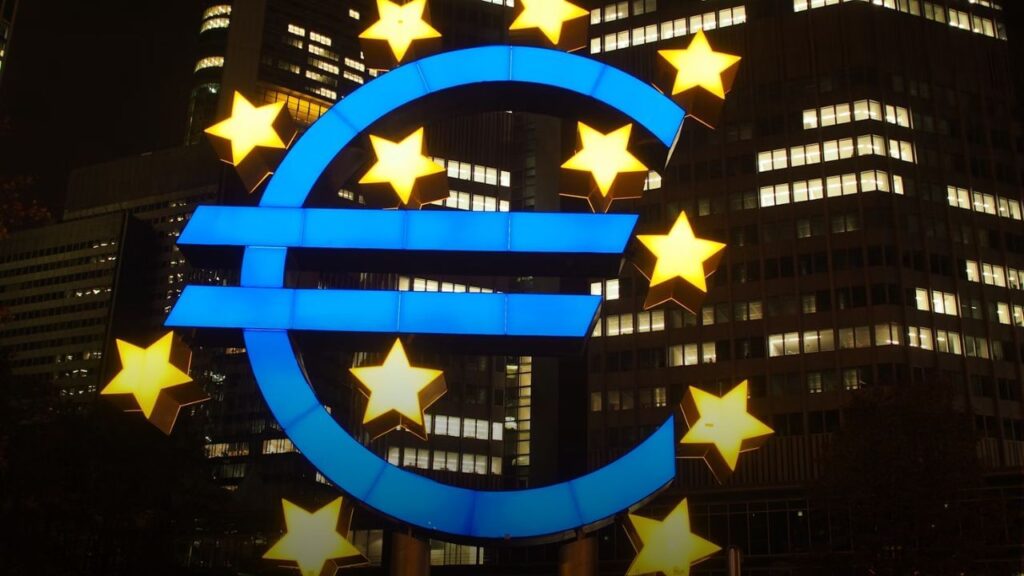In a world grappling with rising inflation, Europe has provided a glimmer of hope. Approximately 20 countries that use the Euro as their currency have recently reported a drop in inflation rates, signaling positive economic shifts. These countries are all members of the European Union (EU) and rely on a unified currency, managed by the European Central Bank (ECB). Recent data released by Eurostat, the EU’s statistics agency, has revealed some encouraging figures regarding inflation in the Eurozone.
Decline in Inflation in the Eurozone
According to Eurostat, inflation in the Eurozone plummeted to a mere 2.2% in August, a significant decrease from previous months. Industry experts view this as a positive development that could pave the way for the ECB to lower interest rates. But what does this mean for India?
Impact on Borrowing Costs
The ECB is not alone in its efforts; the American Federal Reserve is also contemplating interest rate cuts. These adjustments could lead to cheaper loans for both businesses and everyday consumers, potentially boosting economic growth. Jerome Powell, the Chairman of the Federal Reserve, has already indicated that an interest rate cut may be on the horizon in September.
Global Inflation Challenges
Since the COVID-19 pandemic, countries worldwide have faced numerous economic challenges, contributing to soaring inflation rates. In India, the situation is particularly severe, with food inflation consistently outpacing overall retail inflation. This ongoing crisis has forced the Reserve Bank of India (RBI) to maintain its repo rate without any adjustments for approximately 1.5 years.
Inflation Figures in Germany
Recent data from Eurostat indicates that inflation in the Eurozone was at 2.6% in July but dropped to 2.2% in August, driven in part by a 3% decrease in energy prices. Germany, the largest economy in the Eurozone, has reported an inflation rate as low as 2%. The ECB aims to stabilize inflation around this 2% target, which is considered optimal for economic health.
Potential Effects on India
The effects of globalization have made India’s economy sensitive to international changes. If the Federal Reserve and ECB implement interest rate reductions next month, this could lead the RBI to consider lowering its policy rates in its upcoming meeting in October. Moreover, with decreasing inflation in the Eurozone, there is a hopeful outlook for India’s exports, as these countries may increase their purchasing power.
Summary of Expected Changes
| Country | Current Inflation Rate | Expected Rate Changes | Potential Impact on India |
|---|---|---|---|
| Eurozone | 2.2% | Possible interest rate cuts by ECB | Improvement in export opportunities |
| USA | — | Potential cuts by Federal Reserve | Cheaper loans leading to economic growth |
| India | High Food Inflation | Possible repo rate cuts by RBI | Increased consumer spending and economic revival |
In conclusion, as inflation rates in Europe decline, both global and Indian economies may experience a ripple effect that could lead to significant changes in borrowing costs, consumer behavior, and trade dynamics. It’s crucial for stakeholders in India to stay informed and prepared for these potential shifts that could redefine economic interactions in the coming months.

